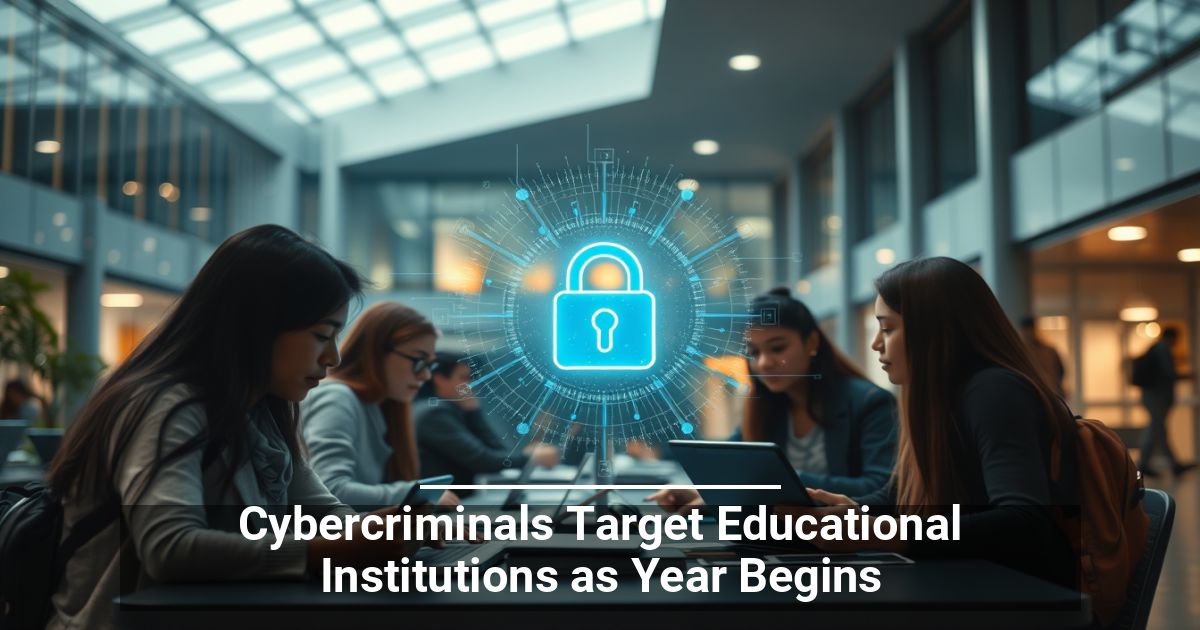 The 2024-2025 school year is underway, and parents are sending their kids back to school with fresh notebooks, pencils, and lunch boxes. But there’s one school supply that many parents didn’t think of: cybersecurity awareness.
The 2024-2025 school year is underway, and parents are sending their kids back to school with fresh notebooks, pencils, and lunch boxes. But there’s one school supply that many parents didn’t think of: cybersecurity awareness.
It might sound far-fetched, but your school is at risk for a cyberattack. Nothing is sacred when it comes to cybercrime, and cybercriminals target educational institutions just as much, if not more, than other organizations. In the last school year alone, attacks on schools and colleges nationwide increased by almost 40%.
Cyber attacks in education might seem like a waste of time for criminals. Still, going after schools can provide a wealth of useful data—data that can make bad actors plenty of money.
Why Cybercriminals Are Hacking Academic Institutions
Cybercriminals target educational institutions for several reasons.
Personal Data
School and college networks contain reams of data that cybercriminals would love to get their hands on, including staff and student personal data such as Social Security numbers, birth dates, addresses, health and financial records, and more. Even if they can’t use a youngster's information to open new accounts right away, they can store that data for years and use it when the time comes.
Financial Gain
In addition to making money by selling stolen data, criminals use phishing attacks and ransomware in schools to manipulate people into divulging sensitive information or paying large amounts of money to restore access to vital systems. Ransomware attacks can significantly disrupt operations as more schools turn to online resources and other technology as part of the curriculum. Schools are often more willing to pay than other victims to get things back up and running.
Lax School Network Security
Hackers are shameless about the size and scope of their attacks and will always go after low-hanging fruit. With that in mind, cybercriminals target educational institutions because they can. Unlike larger businesses and brands with deep pockets that can invest in hardening their security, schools have limited budgets and simply can’t afford to put robust security protocols in place to manage sophisticated cyber threats.
The issue is that educational institutions can potentially have thousands of endpoints with varying degrees of protection accessing the network at any given time. Add that to a user pool with limited knowledge and experience in cybersecurity, and education sector organizations are at a greater risk of data breaches and other attacks.
Protecting Educational Institutions From Cyber Attacks
Although the start of the school year brings attention to the issue, cybercriminals target educational institutions all year round. Schools and colleges must invest strategically in network security tools, including firewalls, encryption, and intrusion detection systems.
However, like their business counterparts, schools must address the human element. Staff and students need training in digital awareness to better identify threats and respond to them. For example, training in identifying phishing attacks, strong password management, and understanding the potential for security incidents can go a long way toward improving overall security posture.


